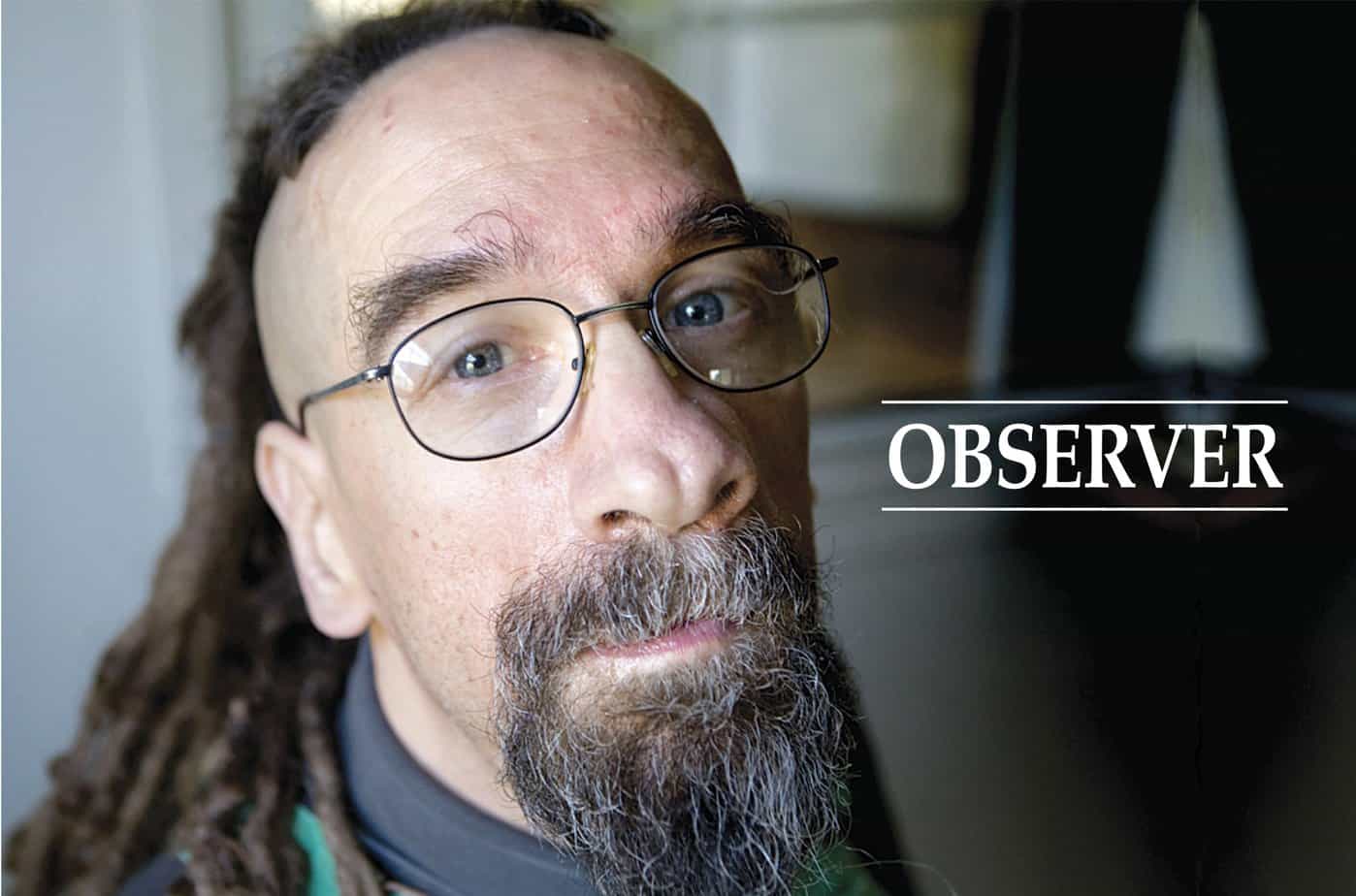Opinion: A retired life?

by John Pixley | Special to the Courier
I recently went to a talk at Scripps College by DJ Kurs, the director, currently, of Deaf West Theater in Los Angeles. Deaf West is a small but increasingly mighty theater that produces plays featuring deaf and hearing actors, some of which, like “Spring Awakening” and “Big River,” have ended up on Broadway. Troy Kostur, one of its best deaf actors who I’ve had the pleasure of seeing a few times, including as Stanley Kowalski in “A Streetcar Named Desire,” won the Best Supporting Actor Oscar last year for “CODA,” which, in a bit of an upset, also won best picture.
Mr. Kurs, signing and assisted by an interpreter, spoke about making theater more accessible, not only to the deaf but also to folks with other disabilities. He talked about radical inclusion in theater, making it accessible to disabled audiences and also opening it up as a space for disabled actors and performers and disabled writers and creators.
I was all but jumping up and down in my wheelchair. As in the Roberta Flack song, Mr. Kurs was singing — signing — my life with his presentation.
I wanted to say, to proclaim, “That’s my jam!” (I was actually thinking of another word, but this is a family newspaper.) Writing (and sometimes performing) for the theater with a disability is what I’m all about.
Or it was.
Since my spinal surgery six years ago and really several years before it, I haven’t had the ability and energy for playwrighting and performing. I sometimes think about trying to revive one of my works or working on a new one, but with still adjusting to my new, increased disability, I don’t feel I have the time, the strength, not to mention the resources. I almost felt like Mr. Kurs was taunting me, “killing me softly with his words”: look what I get to do, and you can’t anymore!
Is this what it feels like to be retired? I often wonder about this as I think about adapting to my post-surgery life and find myself reflecting on the life I had before my surgery. Is this what it’s like when you’re no longer doing what you used to do, especially when you loved doing it?
But I also think about it when I see all the retired people living here in Claremont and what a fantastic place it is to retire. The college students may see Claremont as a “retirement community,” as one noted in speaking at a Pomona College commencement some years ago, but this isn’t a place where the retired while and waste away.
To the contrary, in Claremont, retired people actively pursue their passions, whether in marching for peace or protesting a current injustice or in auditing classes at the colleges. There are concerts, lectures, and presentations to attend and no end of local issues to debate and advocate.
Yes, the presentation on the disabled in theater struck a sensitive, even painful chord in me, but I was thrilled that there was the opportunity right here to see, and for others to see, that this work is going on, that, indeed, progress is being made. I was glad to be kept informed, to be engaged.
—
Speaking of disabled artists, Raul Pizarro’s paintings all but glow. They are illuminated, literally, with the white and pale colors in them shining out amid the dark colors, making the dark colors all the darker yet not so dark. I don’t know how, but they radiate.
I have had the great pleasure of being friends with this fellow wheelchair user from Ontario, not only because of his sublime art. He has been a real hoot, quite a character, as they say — quite an entertaining dinner guest.
Raul died on March 18 at age 47. He had recently undergone medical treatment that was thought to be successful.
I will miss the beauty and also the bawdy humor that Raul added to the world — and am thankful for all the work he left.
There will be a memorial service for Raul at 10 a.m. April 28 at the Fox Theater in Pomona and also a gathering at 5 p.m. on the 30th at the dA Center for the Arts. I suspect he would get a kick out of the venues.









0 Comments